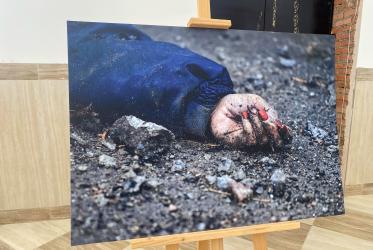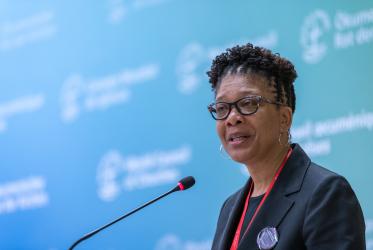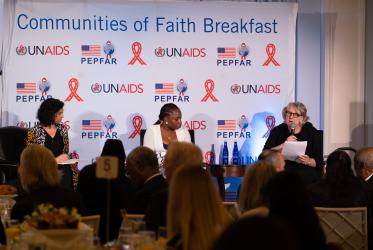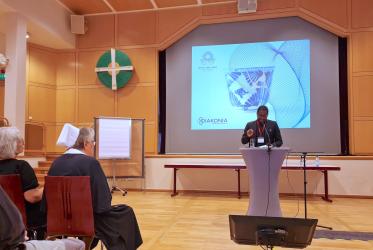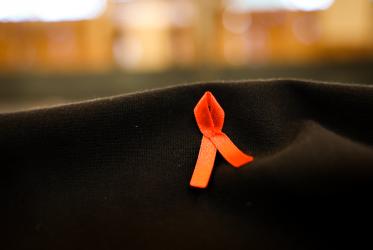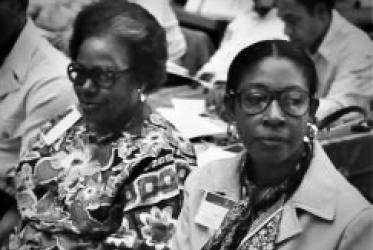Displaying 1 - 20 of 371
10 April 2024
WCC, WHO commemorate 50 years of collaboration
04 April 2024
As femicide cases rises, Kenyan religious leaders move to act
06 February 2024
WCC calls for immediate end to brutal violence in Gaza
30 December 2023
WCC mourns loss of Dr William Stanley, who pursued economic justice
18 December 2023
Tackling sexual violence in war
14 December 2023
Recommended Practices to Combat HIV-Related Stigma
A Guidebook for Local Faith Communities
05 October 2023
Faith Sector Implementation of the Global AIDS Strategy
05 October 2023









